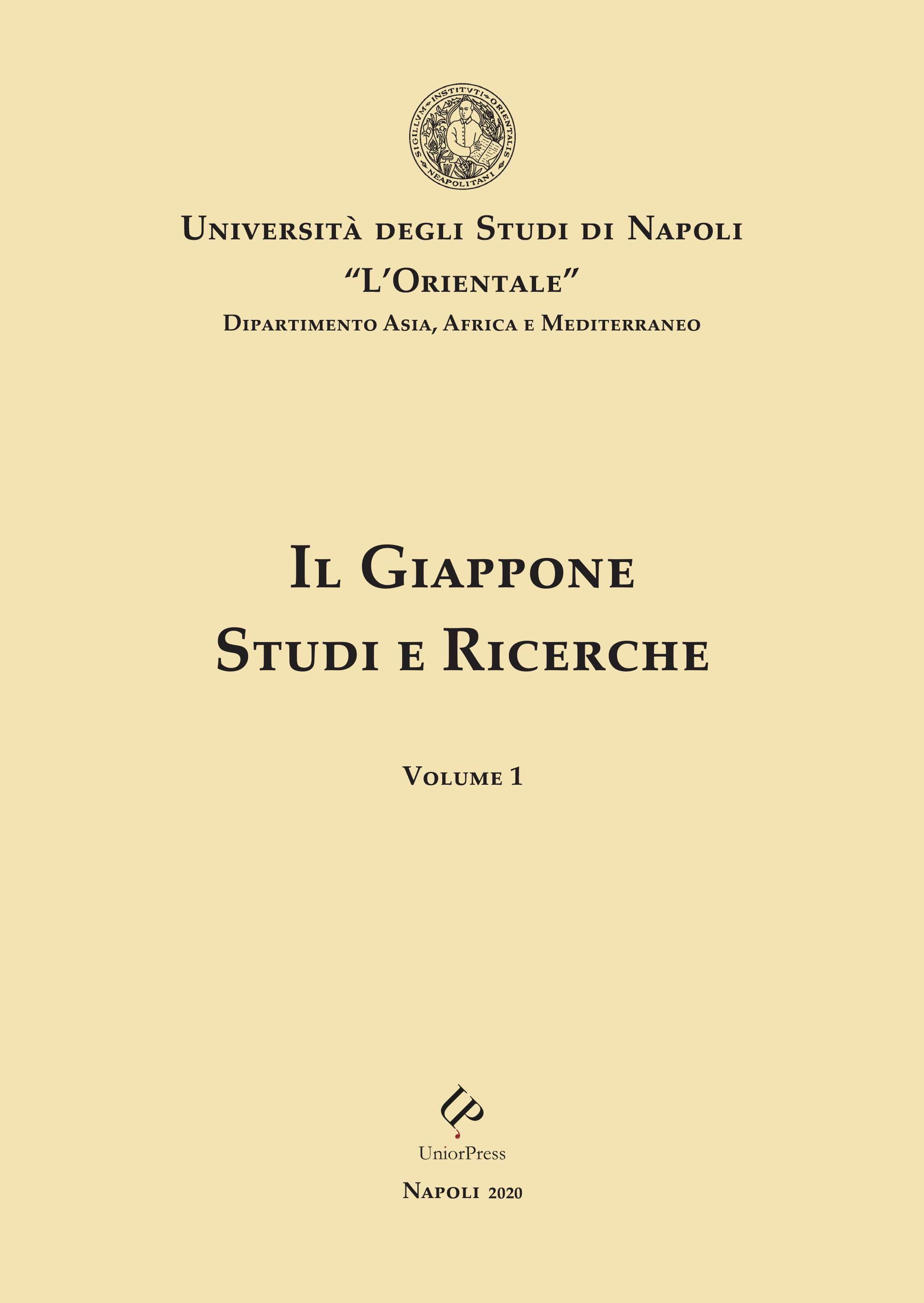Olandesi a Edo nell’era Keian (1648-52). Andries Frisius, l’ambasciatore imbalsamato e gli avvisi sull’Europa nei fūsetsugaki
Abstract
In the aftermath of Japan’s closing edicts of the 1640s, the curious episode of the mission of the Dutch agent Andries Frisius to the court of Iemitsu in 1650 was an emblematic case of the new course of the diplomatic relations established by the Tokugawa government with Europeans. Local authorities' occasional contacts with the Dutch still revealed uncertainty in diplomatic and commercial exchanges based on rules set by the central government, not yet fully implemented at the local level. Besides the embarrassment in developing official relations, the few European agents admitted in the archipelago had to satisfy the numerous requests from the authorities, as evidenced by the singular case of Frisius. Agents’ commitments also included the presentation of official reports, the so-called fūsetsugaki, the news on overseas affairs and European historical events that envoys of the Dutch East India Company were asked to present regularly to the shogunal authorities in Edo. These chronicles had implications in terms of the reception of the image of Europe, influencing to some extent the foreign policy of the time.

